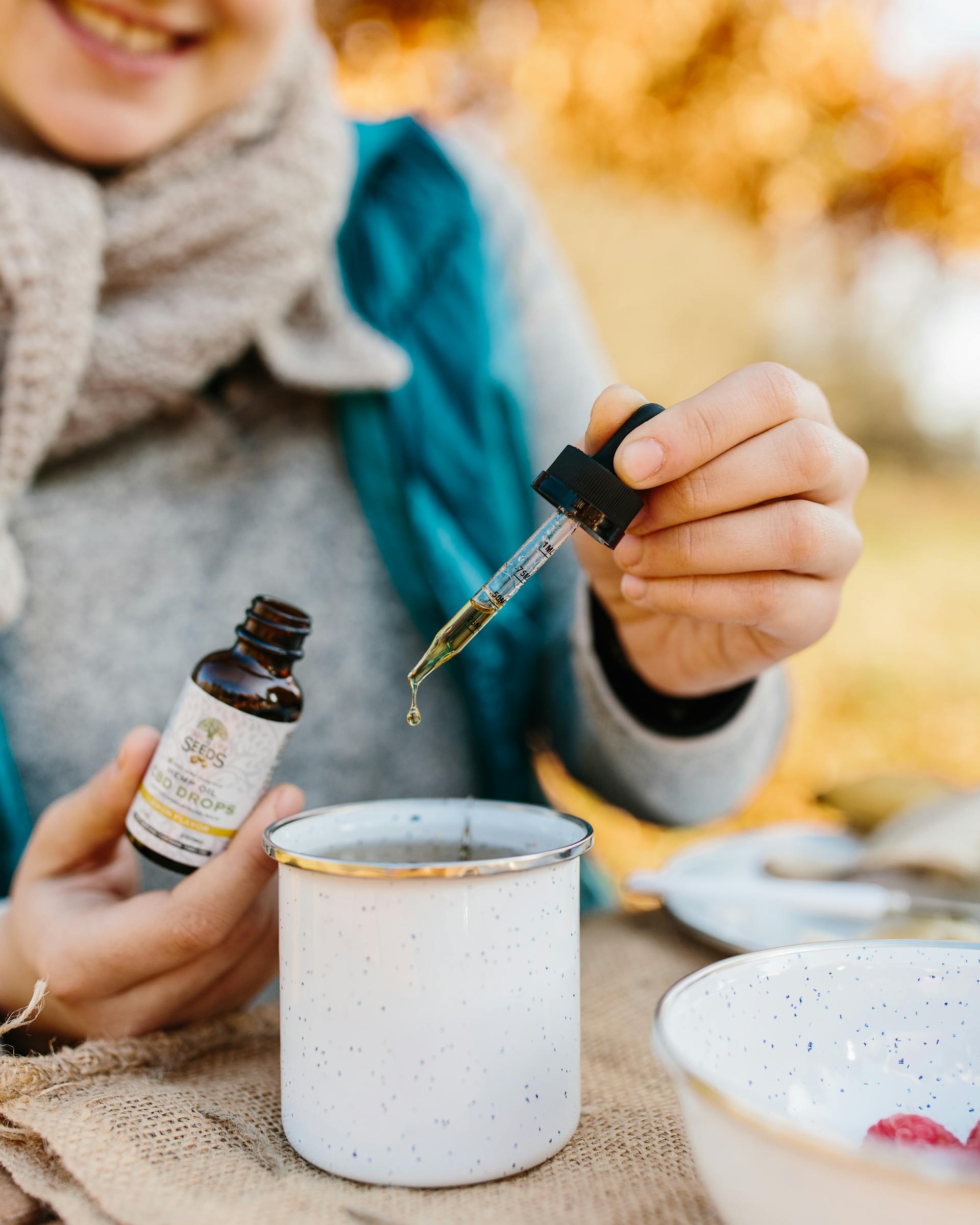The Science Behind Aromatherapy: How Scent Can Impact Your Wellbeing

History and Background
The roots of aromatherapy can be traced back to ancient civilizations, where essential oils were used for medicinal, spiritual, and cosmetic purposes. The Egyptians, Greeks, and Romans were among the first to recognize the therapeutic potential of fragrant plant compounds. Over time, the practice of aromatherapy evolved, with the term “aromatherapy” being coined in the early 20th century by French chemist René-Maurice Gattefossé.
The Science Behind Aromatherapy: How Scent Affects the Brain
The science behind aromatherapy lies in the way our olfactory system (the sense of smell) is connected to the limbic system, the part of the brain responsible for processing emotions, memories, and behaviors. When we inhale the molecules of essential oils, they stimulate the olfactory receptors in the nasal cavity, which then send signals to the olfactory bulb in the brain. From there, the information is processed and distributed to various regions of the limbic system, including the amygdala and the hippocampus, which play crucial roles in emotion and memory formation.
The Impact of Fragrance on Emotions and Mood

The limbic system’s direct connection to the olfactory system means that the scents we experience can have a profound impact on our emotions and mood. Certain fragrances have been shown to elicit specific emotional responses, such as feelings of relaxation, alertness, or even nostalgia. For example, the calming scent of lavender has been found to reduce anxiety and promote a sense of tranquility, while the invigorating aroma of peppermint can enhance cognitive function and boost energy levels.
Aromatherapy and Stress Relief
One of the primary benefits of aromatherapy is its ability to alleviate stress and promote relaxation. The soothing effects of essential oils can help to lower cortisol levels, the hormone associated with the body’s stress response. By inhaling or applying certain oils, individuals can experience a reduction in physical symptoms of stress, such as muscle tension, headaches, and elevated heart rate.
Aromatherapy for Better Sleep and Relaxation
Aromatherapy can also be an effective tool for improving sleep quality and promoting deeper relaxation. Certain essential oils, such as lavender, chamomile, and ylang-ylang, have been shown to have a calming effect on the mind and body, helping to induce a state of tranquility and facilitating the transition into restful sleep.
Also read: The Cozy Charm: Unraveling the Magic of Hygge
Aromatherapy for Mental Clarity and Focus
In addition to its stress-reducing properties, aromatherapy can also enhance cognitive function and improve focus. The stimulating scents of citrus oils, like lemon or grapefruit, have been found to enhance alertness and mental clarity, while the grounding aroma of frankincense can promote a sense of calm concentration.
Using Essential Oils for Physical Well-being
Beyond the emotional and psychological benefits, aromatherapy can also contribute to physical well-being. Certain essential oils possess anti-inflammatory, analgesic, and antimicrobial properties, making them useful for addressing a variety of physical ailments. For instance, the soothing properties of peppermint oil can help alleviate muscle aches and pains, while tea tree oil’s antiseptic qualities can support skin health.
Techniques and Practices
There are various ways to incorporate aromatherapy into daily life, including:
- Diffusing Essential Oils: Using an essential oil diffuser to disperse the aromatic compounds into the air, allowing for inhalation and absorption.
- Topical Application: Applying diluted essential oils directly to the skin, either on specific areas or as a full-body massage.
- Bathing: Adding a few drops of essential oils to a warm bath for a relaxing and therapeutic experience.
- Inhalation: Directly inhaling the scent of essential oils, either from the bottle or by using a personal inhaler.
- Household Use: Incorporating essential oils into household cleaning products, laundry, or even as natural air fresheners.
Aromatherapy offers a holistic and natural approach to enhancing well-being, with a growing body of scientific evidence supporting its therapeutic benefits. By understanding the science behind how scent can impact the mind and body, individuals can explore the transformative power of essential oils and incorporate aromatherapy into their daily routines.
Discover the transformative power of aromatherapy and learn how to harness the therapeutic properties of essential oils to improve your overall well-being. Explore our wide selection of high-quality essential oils and diffusers to elevate your self-care routine and experience the benefits of scent-based wellness.




